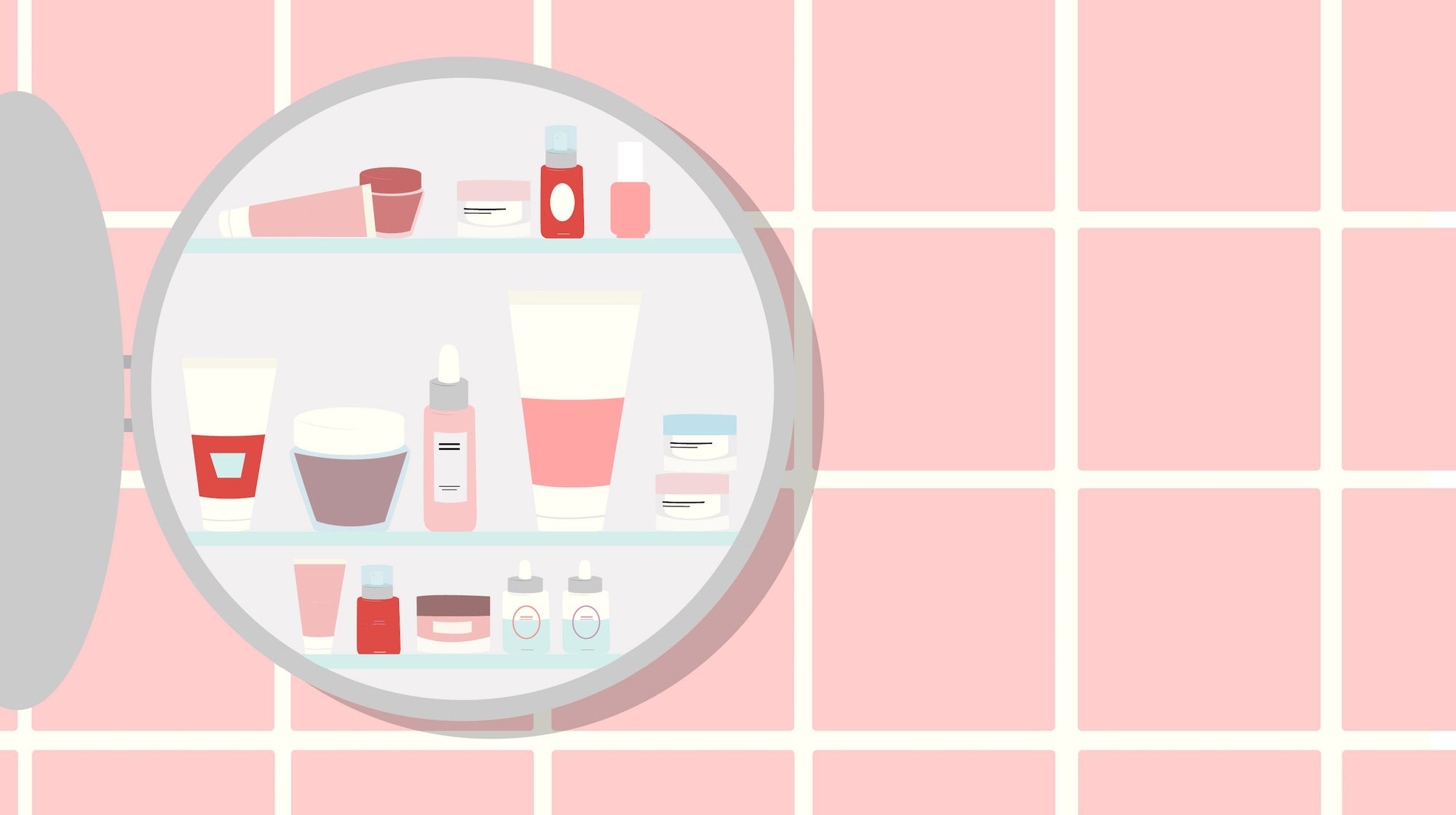

· By Alicia Stacey
How Fiber Benefits Your Skin
Grandma was right when she told you to eat fiber every day. It’s been proven to support gut health, contributing to better digestion. But did you know that fiber can benefit your skin as well? Your skin is one of the many parts of your body that are linked to your gut, so a happy gut leads to happy-looking skin. Here, we explain everything you need to know about how dietary fiber can improve your skin.
What is fiber?
Dietary fiber is a carbohydrate-based nutrient found in plant foods. During digestion, it can’t be broken down by your body’s enzymes, and instead supports the gut and aids the digestive process. The exact way this happens depends on the kind of fiber you eat:
- Soluble fiber dissolves in water. It acts like food for your gut microbiota, which are friendly microorganisms that keep your gut healthy.
- Insoluble fiber absorbs water. It keeps things running smoothly through the gut.
These activities can help manage or prevent digestive issues, such as diarrhea, constipation, ulcerative colitis, IBS, hemorrhoids, and more. Because of the gut’s relation to several other systems of the body, fiber also manages or prevents gut-related issues affecting the heart, immune system, hair, skin, nails, and more.
Because of the gut-skin axis, fiber can benefit your skin by benefiting your gut.
How are the gut and skin related?
There are tons of studies confirming that there’s a link between the gut and skin, a connection that’s referred to as the “gut-skin axis.” That’s why many people with skin issues also have digestive problems, and vice versa. People with rosacea are 10 times more likely to have small intestinal bacterial overgrowth (SIBO), and treating SIBO in rosacea patients has resulted in almost complete elimination of the skin disorder. 15 to 30 percent of people with inflammatory bowel disease (IBD) also have skin conditions. Plus, many people with celiac disease get a rash called dermatitis herpetiformis.
The gut-skin axis is also responsible for our diet impacting the appearance of our skin. That’s why we sometimes break out when we eat fatty food, red meat, or dairy. Such foods can generate free radicals in the body, causing oxidative stress in the cells, which releases harmful substances that cause acne and premature aging of the skin.
How does fiber benefit your skin?
It’s simple: Because of the gut-skin axis, fiber can benefit your skin by benefiting your gut. Keeping gut microbiota healthy and well-fed, as well as improving movement in the intestines, ensures that toxins and waste from the food we eat exits our bodies efficiently. That way, they don’t stick around to make us break out or prevent our skin from a healthy glow.
How can you get more fiber in your diet to help your skin?
The FDA recommends that you get about 30 grams of dietary fiber daily, but 95% of Americans fail to do so. That’s because it’s easier said than done — 30 grams of fiber means eating about 12 salads every day! Here are some other alternatives to getting the daily recommended amount of dietary fiber in order to improve the appearance of your skin:
- Choose whole grain options and brown rice.
- Eat 6 servings of fruits or vegetables a day.
- Incorporate legumes such as lentils, beans, or peas into your diet.
- Use concentrated sources of fiber like flaxseed, chia, or quinoa.
- Take a fiber supplement. Bellway fiber supplements provide you with 18% of the fiber you need daily (and contain no artificial ingredients, unlike other brands!). Check with a doctor to make sure it's right for you, as you would with any supplement.
An important note: Your body may need to adjust to the increased fiber intake. If you’re using a supplement to increase your fiber, gradually increase how much fiber you take. You’ll also want to drink more water. For every 10 grams of fiber you eat, drink about 2 cups of water to help it absorb correctly. And, with drinking water being linked to weight loss, you’ll do double duty to maintain your weight!
